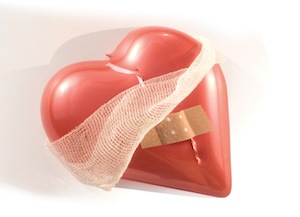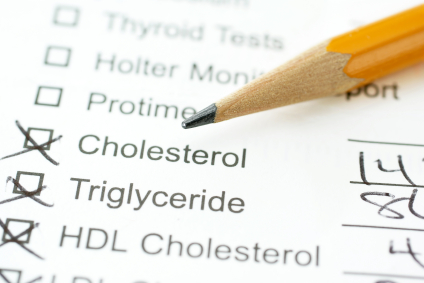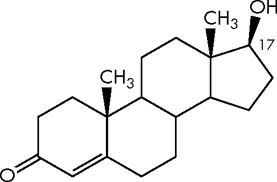 Up until now, most doctors warned you about high cholesterol and the damage it can have in your body (leading to cardiovascular disease).
Up until now, most doctors warned you about high cholesterol and the damage it can have in your body (leading to cardiovascular disease).
The argument now, however, is if cholesterol really is the main trigger behind the development of heart disease.
Some current literature and research is pointing to inflammation as the main cause of heart disease, with cholesterol potentially having a secondary role.
However, cholesterol is an important aspect to your body.
Without cholesterol, research shows, your body would have a decrease in steroid hormone production (mainly testosterone), which could decrease energy, sex drive, libido, and concentration.
Let me explain…
Cholesterol and Testosterone
The body can be a complex machine, where if one system is disrupted, then other systems in the body may feel the effects.
In fact, with lower levels of cholesterol, there could be a decrease in the production of testosterone, which could lead to many different ailments.
The production of testosterone is a complex process that involves many different body systems and nutrients.
First, the stimulation of the hypothalamus produces gonadotropin releasing hormone.
Once this hormone is released, it stimulates the production of both luteinizing hormone (LH) and follicle stimulating hormone (FSH).
This in turn releases LH into the bloodstream, where it travels to the testes in order to start the synthesis of testosterone.
When LH reaches the testes, it helps to activate specialized cells, called Leydig cells, which starts the synthesis and release of testosterone with the help of cholesterol.
.jpg) The Leydig cells are the main site where cholesterol is taken in and broken down to help synthesize testosterone.
The Leydig cells are the main site where cholesterol is taken in and broken down to help synthesize testosterone.
Once testosterone is produced, it is bound to sex hormone binding globulin (SHBG) which then transfers the testosterone throughout the body and to your cells.
However, when SHBG levels are too high, it may show that there is not enough free circulating testosterone to move into the cells to do its job.
It has been shown that as the levels of SHBG rise and fall, so does your free testosterone levels.
The Downside of Low Testosterone
Low testosterone could be a sign that a serious health condition is present.
Diseases such as heart disease, diabetes, and metabolic syndrome may lower testosterone.
However, testosterone may also be lowered by increased age, also known as andropause, which is the slow decline of testosterone yearly after a man reaches a certain age.
In fact, some men experience a drop in their testosterone by the age of 30, with the average man showing signs of low testosterone in their 40s, 50s, and beyond.
There is also hypogonadism, which is a condition where the gonads in men (or women) do not produce hormones, or produce very little hormones.
Diseases such as Turner’s Syndrome and Klinefelter's Syndrome have been shown to be one cause of hypogonadism, and the other is when communication between the testes and the brain does not function correctly.
Whatever the means, low testosterone levels may lead to a number of different health ailments and complications.
Testosterone and Your Health
Testosterone has been linked to the reduction of many health risk factors.
In fact, increased testosterone levels have been associated with reductions in heart disease, some cancers, and lower risk for developing Alzheimer’s and dementia, diabetes, and metabolic syndrome.
However, the benefits of testosterone do not stop there.
Research has shown that men with higher testosterone levels have an increased libido, more strength, more concentration, less fatigue, and improved self-esteem.
Men with lower testosterone levels have an increased risk for developing heart disease, diabetes, some cancers, and among other things, frailty.
Including some saturated fats (products from organic, grass-fed beef or poultry), essential fatty acids (omega-3 fats), exercise, and sex have all been shown as ways to naturally increase your testosterone levels, and could be included into your daily routine to combat low testosterone levels.